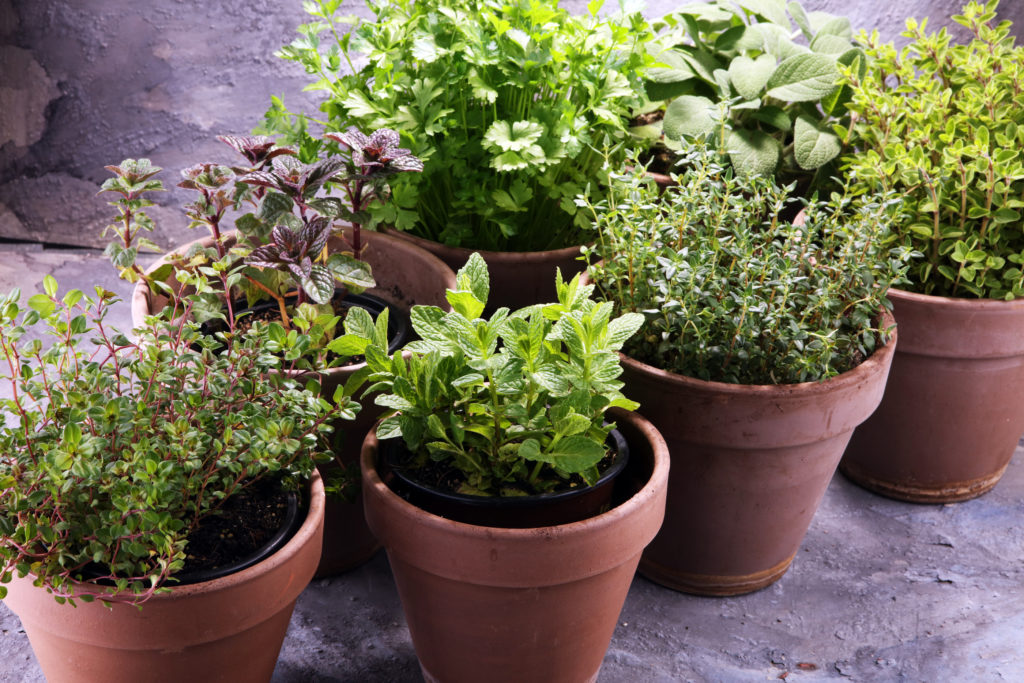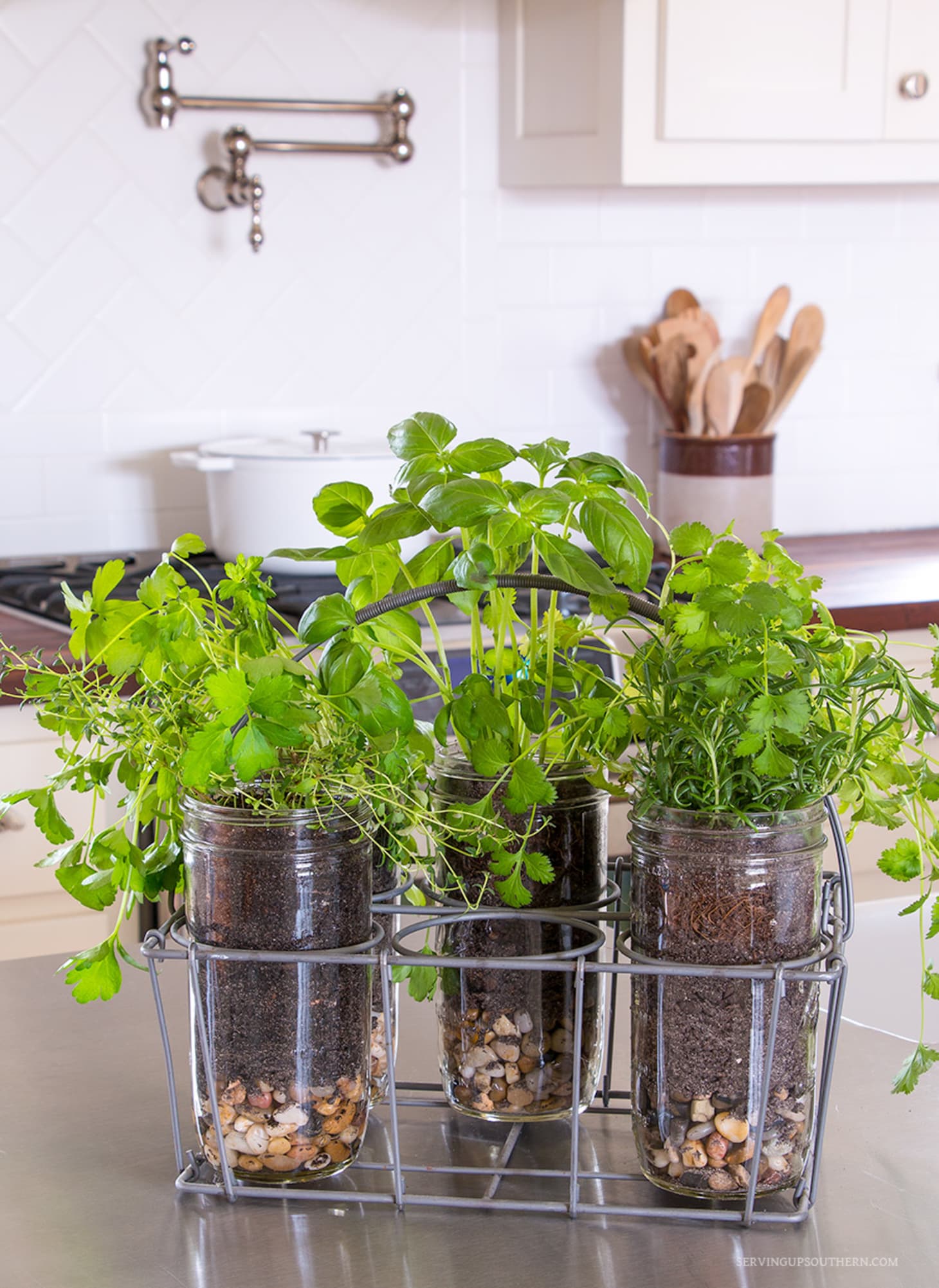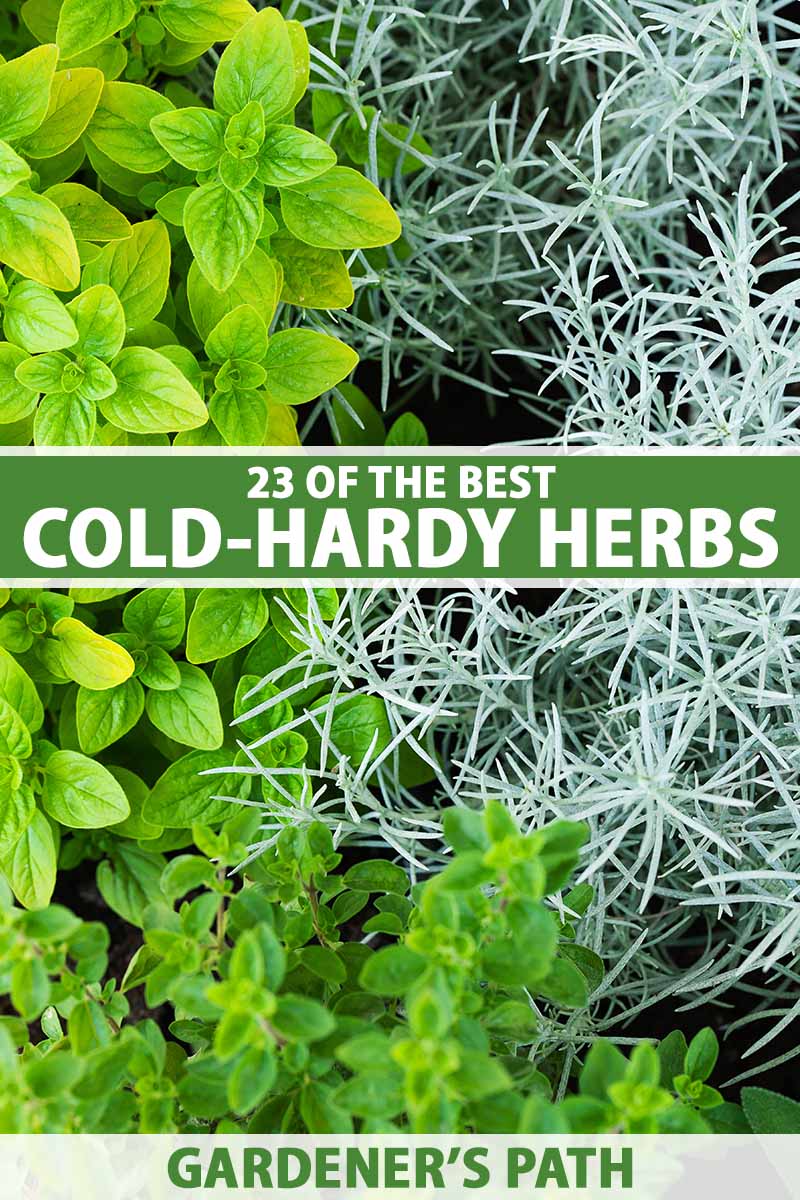Grow Winter Herbs Indoors: Top Tips for a Thriving Indoor Herb Garden

Imagine stepping into your kitchen on a cold winter day, the scent of fresh herbs wafting through the air. Sounds like a dream, doesn't it? Well, it doesn't have to be. Growing winter herbs indoors is not only possible but also incredibly rewarding. Let's dive into the world of indoor herb gardening and discover how you can cultivate a thriving indoor herb garden this winter.
Why Grow Winter Herbs Indoors?
Growing herbs inside during the winter months is like having a little piece of summer in your home. Not only do indoor herbs add a touch of greenery to your space, but they also provide fresh, flavorful ingredients for your cooking. Plus, tending to an indoor herb garden can be a therapeutic hobby that helps combat the winter blues.
Best Herbs for Indoors
Not all herbs are created equal when it comes to indoor growing. Some herbs thrive in the controlled environment of your home, while others prefer the great outdoors. Here are some of the best herbs for indoors:
Basil
Basil is a popular choice for indoor herb gardens. It loves sunlight and warmth, making it an ideal candidate for a sunny windowsill. Just remember, basil is a bit of a diva and doesn't like cold drafts, so keep it away from chilly windows.
Parsley
Parsley is a hardy herb that can tolerate lower light conditions, making it perfect for indoor growing. It's also a biennial, meaning it has a two-year life cycle, so you'll get plenty of use out of it.
Chives
Chives are another resilient herb that can thrive indoors. They grow similarly to grass, so they don't require much space. Plus, their purple flowers add a pop of color to your indoor herb garden.
Mint
Mint is practically indestructible and grows like a weed, making it an excellent choice for beginners. It prefers partial shade, so it's perfect for those less-than-sunny spots in your home.
Rosemary
Rosemary can be a bit tricky to grow indoors, but with the right conditions, it can thrive. It loves sunlight and well-draining soil. Think of rosemary as the sun-worshipper of the herb world.
Winter Herb Care: Light, Water, and Soil
Now that you know which herbs to grow, let's talk about winter herb care. The key to growing herbs inside is providing the right environment.
Light
Light is crucial for indoor herb growing. Most herbs need at least 6-8 hours of sunlight per day. A south-facing window is ideal, but east- or west-facing windows can also work. If your home lacks natural light, consider using grow lights to supplement.
Water
Watering your indoor herb garden is a balancing act. Too much water can lead to root rot, while too little can cause your herbs to wilt. A good rule of thumb is to water your herbs when the top inch of soil is dry. You can check this by sticking your finger into the soil.
Soil
The right soil can make or break your indoor herb garden. Most herbs prefer well-draining soil. You can use a standard potting mix or a mix specifically designed for herbs. Avoid using garden soil, as it can be too heavy and compacted for indoor herbs.
Indoor Herb Growing Tips
Here are some additional indoor herb growing tips to help your winter herbs thrive:
Choose the Right Pots
The right pot can make a big difference in the health of your herbs. Clay pots are great for herbs that prefer dry soil, as they allow water to evaporate quickly. Plastic pots, on the other hand, retain moisture and are ideal for herbs that prefer wetter conditions.
Rotate Your Herbs
Herbs naturally grow towards the light, which can cause them to become lopsided. To prevent this, rotate your herbs regularly to ensure they get even light exposure.
Fertilize Sparingly
Indoor herbs don't need as much fertilizer as outdoor plants. In fact, too much fertilizer can be harmful. Aim to fertilize your herbs every 4-6 weeks with a half-strength liquid fertilizer.
Prune Regularly
Regular pruning encourages bushier growth and prevents your herbs from becoming leggy. Plus, it gives you an excuse to use your herbs in your cooking!

Troubleshooting Common Problems
Even with the best care, problems can arise. Here are some common issues and how to fix them:
Yellowing Leaves
Yellowing leaves can be a sign of overwatering or underwatering. Check the soil moisture and adjust your watering schedule accordingly.
Leggy Growth
Leggy growth is a sign that your herbs aren't getting enough light. Move your herbs to a brighter location or supplement with grow lights.
Pests
Pests can be a problem for indoor herbs. Common culprits include aphids, spider mites, and whiteflies. If you notice pests, treat your herbs with an insecticidal soap or neem oil.
Conclusion: Embrace the Joy of Indoor Herb Gardening
Growing winter herbs indoors is a rewarding hobby that brings a touch of nature into your home. With the right herbs, proper care, and a bit of patience, you can enjoy fresh, homegrown herbs all winter long. So, what are you waiting for? Get growing!
FAQs
Can I grow herbs indoors without a sunny window? Yes, you can! While herbs prefer natural light, they can also thrive under grow lights. LED grow lights are a great option, as they are energy-efficient and long-lasting.
How often should I water my indoor herbs? The watering frequency depends on the type of herb, the size of the pot, and the environmental conditions. A good rule of thumb is to water your herbs when the top inch of soil is dry.
Can I use garden soil for my indoor herbs? It's not recommended. Garden soil can be too heavy and compacted for indoor herbs. Instead, use a well-draining potting mix or a mix specifically designed for herbs.
Why are my herbs growing tall and spindly? Tall, spindly growth is a sign that your herbs aren't getting enough light. Move your herbs to a brighter location or supplement with grow lights.
How can I use my indoor herbs in cooking? Fresh herbs can elevate any dish. Use basil in pasta sauces, parsley in salads, chives in omelets, mint in teas, and rosemary in roasts. The possibilities are endless!

Happy growing! Remember, every expert was once a beginner. Don't be afraid to make mistakes and learn as you go. Your indoor herb garden will be thriving in no time.
0 Response to "Grow Winter Herbs Indoors: Top Tips for a Thriving Indoor Herb Garden"
Post a Comment